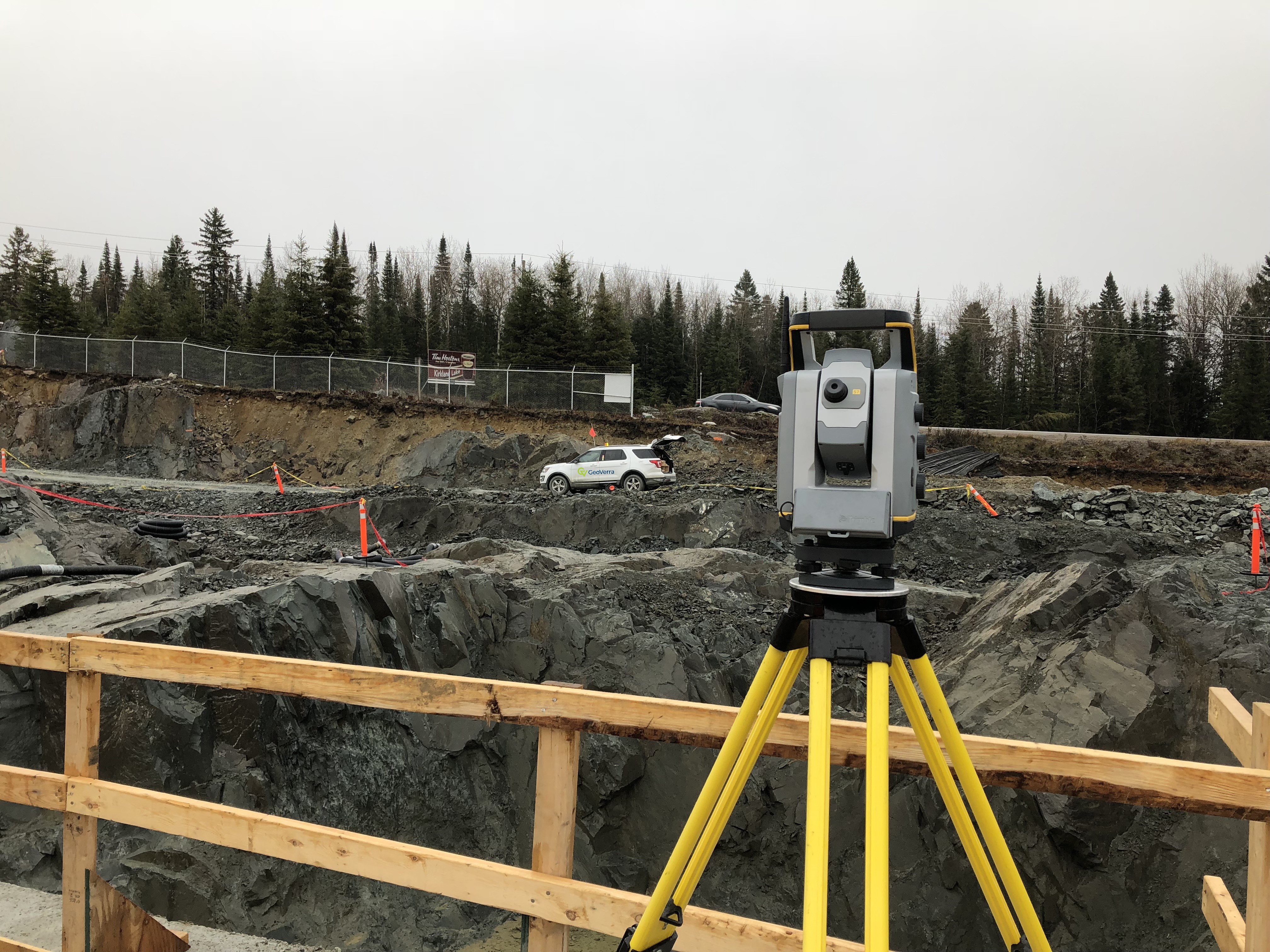Paving the way with potash

(Left) Duane Gingrich, senior vice-president, North America for Amec Foster Wheeler’s mining business; (right) Chief Reg Bellerose, president of Musko
(Left) Duane Gingrich, senior vice-president, North America for Amec Foster Wheeler’s mining business; (right) Chief Reg Bellerose, president of Muskowekwan Resources Ltd., Saskatchewan's first wholly owned First Nations mining company. — Photo courtesy Amec Foster Wheeler/Muskowekwan Resources Ltd.
In Saskatchewan, Muskowekwan First Nation land lies directly on the potash belt. Taking advantage of this prime location, Muskowekwan chief and Muskowekwan Resources Ltd. president Reg Bellerose and his community recently finalized business relationships in the mining industry.
Together with Encanto Potash Corp., the Muskowekwan First Nation has established agreements to create the first mining development on First Nations land in the province. Additionally, on March 23 of 2017, Amec Foster Wheeler signed a Memorandum of Understanding (MOU) with Muskowekwan Resources Ltd. (MRL) and Encanto. All parties are thrilled to move ahead with this mutually beneficial and historic agreement.
Chief Bellerose has spent close to nine years working with his community and the mining community to get to this point. “Historically, Indigenous people and mining have clashed globally,” he said. But by helping his community understand the benefits of this business venture, he won the majority vote to go ahead. “We had about 80 per cent of the people cast ballots in favour of this opportunity.”
The Muskowekwan’s main goal from this business venture is simple: “Our focus is to generate our own money so we can meet the needs of the Muskowekwan First Nation, and not rely on the government to do that for us,” he said. “We aren’t saying we are giving up the treaty obligations that we signed—that’s not our intent.” They hope to simply meet the demands of the community on and off reserve. The biggest demand, like any other community across Canada, is opportunities for training and jobs.
“That’s what a lot of mainstream society wants for their families—the ability to go to school, be trained, and get a job and a career. It’s no different on reserve,” Chief Bellerose said. “We want good paying jobs. Jobs that pay mortgages, afford vehicles. Good opportunities.”
At this point, the pre-feasibility study for the project is complete. The feasibility study is underway, as well as engineering planning. What is clear already is that building a mining development on First Nations land will provide these opportunities. “We haven’t made any quota or targets, but in our agreement it is understood that this is one of the main pillars of the First Nations: to get the people working,” Chief Bellerose said. “For those from Muskowekwan who want to work, we will make every effort to support them.”
Duane Gingrich, senior vice-president, North America for Amec Foster Wheeler’s mining business, shared his company’s enthusiasm for the recently signed MOU. “Projects are successful when strong relationships are fostered and when there is a sharing of benefits,” he said. “We are a service company, so we are here to support and find the best approach to development.”
Amec Foster Wheeler will “use their resources to positively impact.” he said. For example, the MOU with the Muskowekwan First Nation outlines that Amec will “work collaboratively with them in support of the development of the various stages of the Encanto controlled property.” The MOU offers a few types of support: “We can provide expertise, mentoring, engineering services and support for their business.” Gingrich said.
Amec’s core values include building trusted relationships with its communities. These values are the motivation behind the company's outreach to the Encanto and Muskowekwan project. Specifically, Amec aims “to be part of their community, and engage all members of the community,” Gingrich said. Maximizing diversity, understanding the needs of all people within the community and coming to mutually beneficial agreements are top priority.
Amec looks forward to providing the described support to a community it has built a trusted relationship with. “We met with the council on the day that we signed,” Gingrich said. “There is certainly a desire to work together to find the opportunities.”
This historic relationship sets a positive example for any other communities who choose to follow. “Every First Nation is autonomous,” Chief Bellerose said. “They have their own vision and priorities.” Now, however, there is a path for others to follow—if they choose to. The path for Saskatchewan First Nations will be paved with potash.




